Optimal Timing for Fire Restorations
Fire restorations are most effectively performed during specific times of the year to ensure optimal results and safety. Understanding seasonal factors and environmental conditions can influence the success of restoration efforts.
Dry seasons with low humidity levels are ideal for fire restorations, reducing the risk of mold growth and ensuring proper drying of affected areas.
Off-peak periods often see increased availability of specialized restoration teams, leading to quicker response times and more comprehensive service.
Performing restorations when weather conditions are stable helps maintain structural integrity and safety during the process.
Restorations are best scheduled outside of peak fire season to avoid delays caused by ongoing fire activity or emergency response demands.
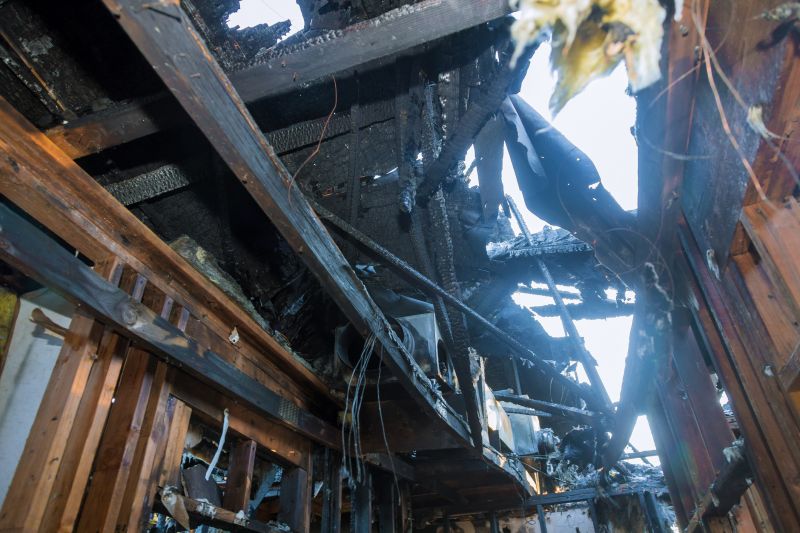
Ways to make Fire Restorations work in tight or awkward layouts.
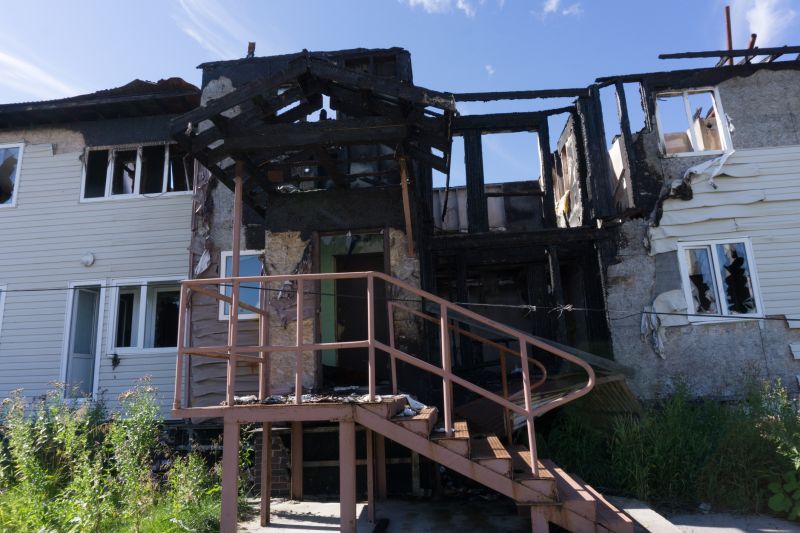
Popular materials for Fire Restorations and why they hold up over time.
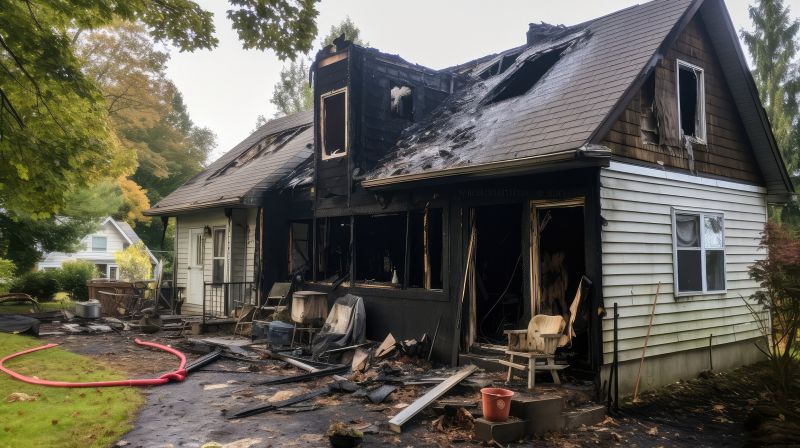
Simple add-ons that improve Fire Restorations without blowing the budget.
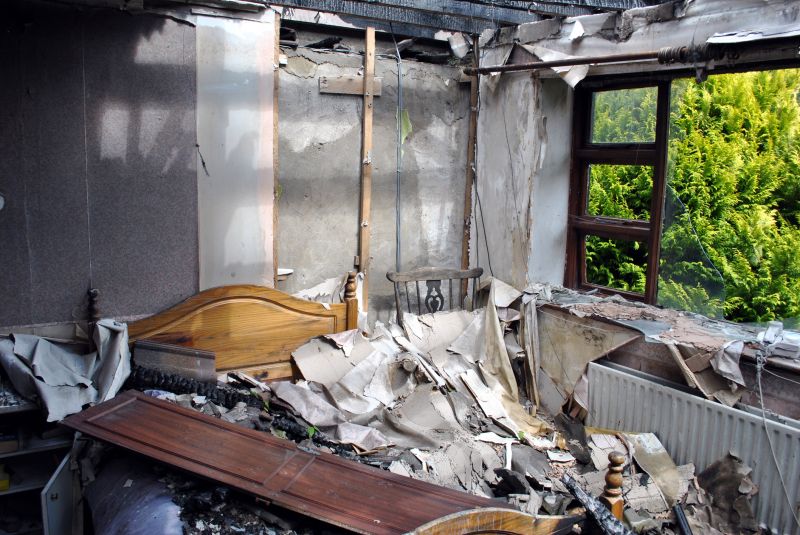
High-end options that actually feel worth it for Fire Restorations.
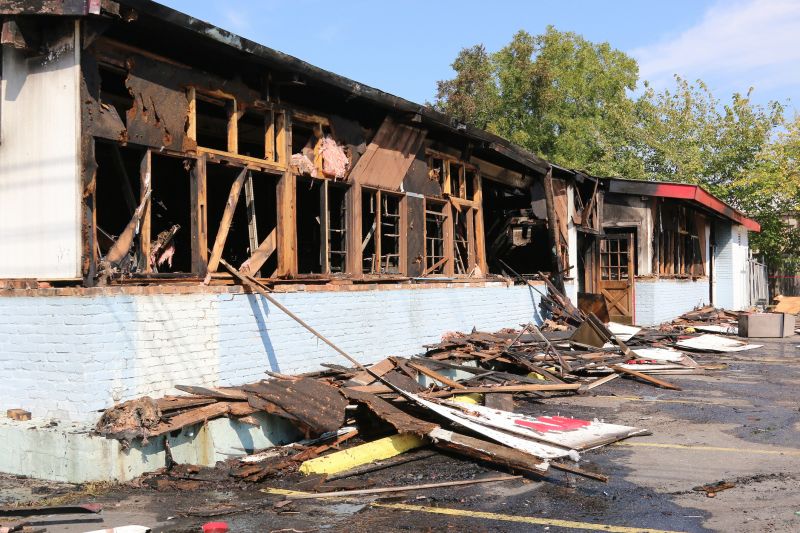
Finishes and colors that play nicely with Fire Restorations.

Little measurements that prevent headaches on Fire Restorations day.
Fire restorations involve a comprehensive process of cleaning, repairing, and restoring properties damaged by fire incidents. The process includes soot and smoke removal, structural repairs, and odor elimination. Proper timing ensures that restorations are efficient and effective, minimizing further damage and ensuring safety.
Statistics indicate that timely fire restoration can significantly reduce long-term damage and associated costs. Delays in addressing fire damage can lead to mold growth, compromised structural integrity, and increased restoration expenses. Planning restorations during optimal seasons enhances the likelihood of successful outcomes.
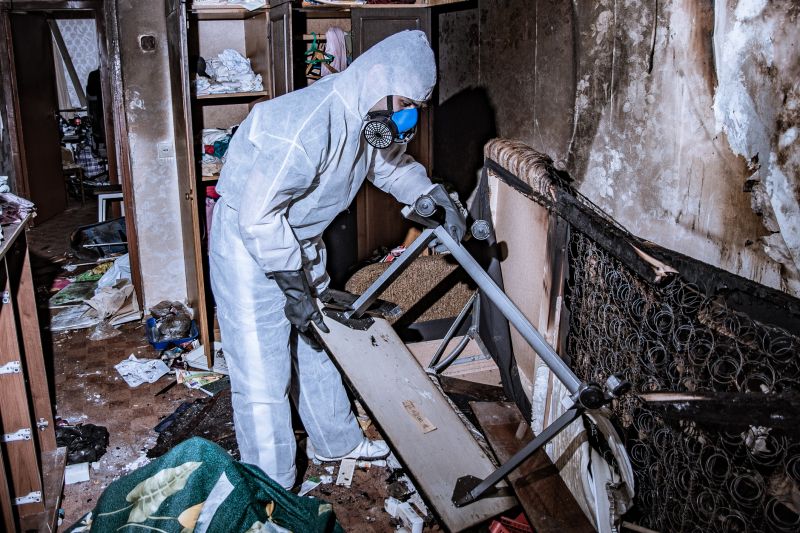
A 60-second routine that keeps Fire Restorations looking new.
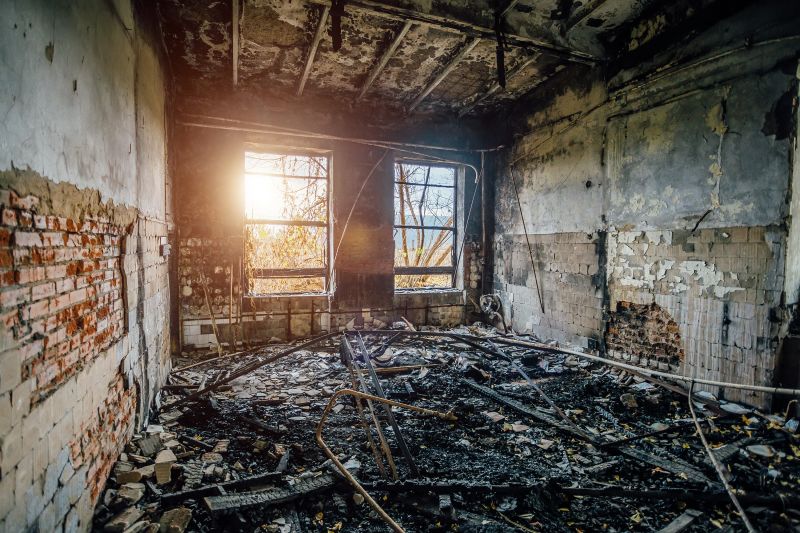
A frequent mistake in Fire Restorations and how to dodge it.

Small tweaks to make Fire Restorations safer and easier to use.
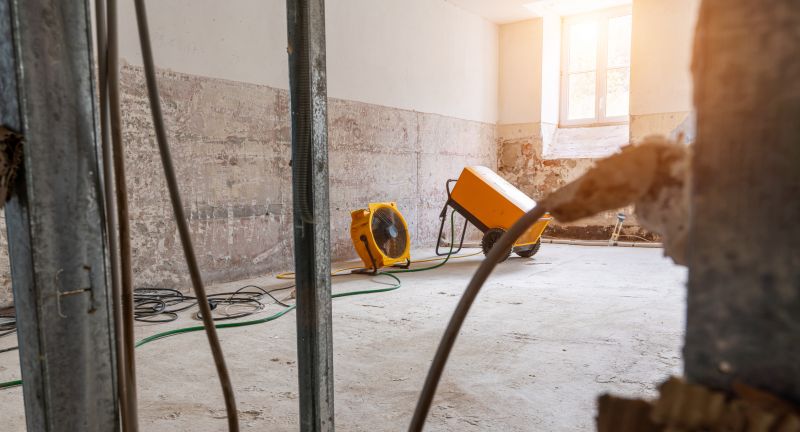
Lower-waste or water-saving choices for Fire Restorations.
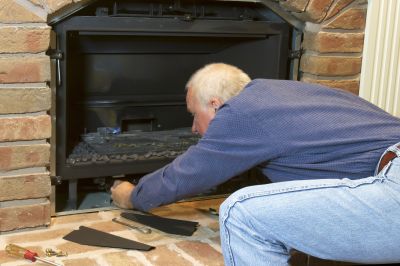
The short, realistic tool list for quality Fire Restorations.
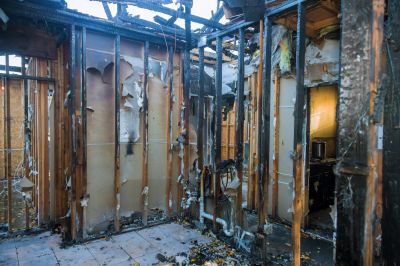
Rough timing from prep to clean-up for Fire Restorations.
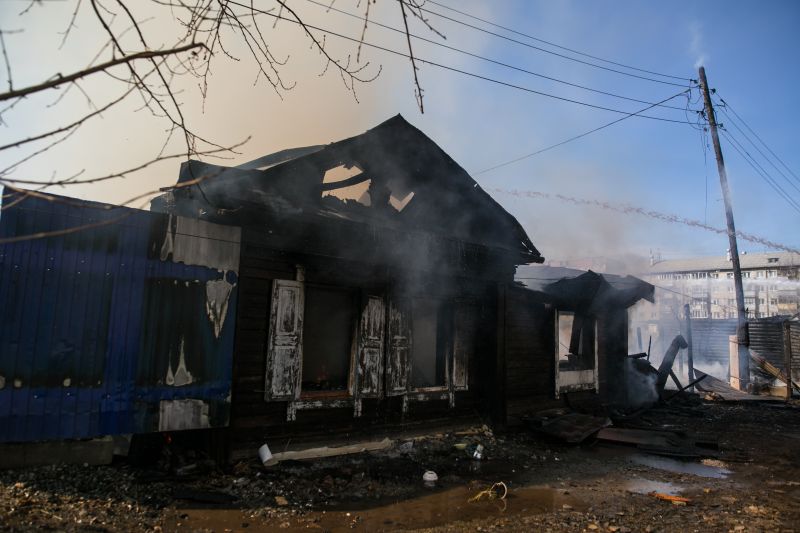
Quick checks and paperwork to keep after Fire Restorations.
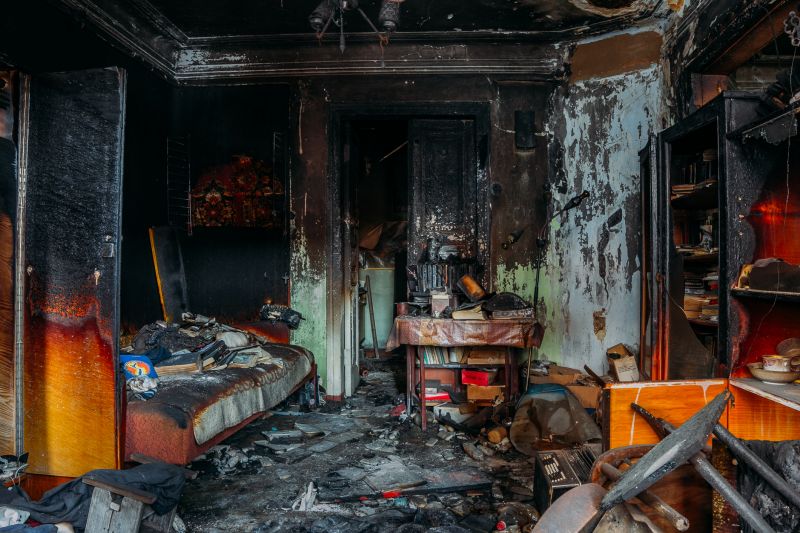
Examples that show the impact a good Fire Restorations can make.
| Aspect | Details |
|---|---|
| Optimal Seasons | Spring and fall offer moderate weather conditions suitable for fire restorations. |
| Weather Factors | Low humidity and stable temperatures facilitate effective cleaning and repairs. |
| Fire Season Timing | Scheduling outside peak fire season reduces delays and logistical challenges. |
| Service Availability | Off-peak periods often provide quicker access to specialized restoration teams. |
| Environmental Conditions | Dry and stable weather reduces risks during restoration activities. |
| Preparation Time | Planning ahead during favorable seasons ensures timely response. |
Choosing the right time for fire restorations can enhance the efficiency and effectiveness of the process. Proper planning and understanding seasonal factors are essential for minimizing damage and ensuring property safety.
Individuals interested in fire restoration services are encouraged to contact for more information or to schedule assessments. Filling out the contact form provides a convenient way to initiate the restoration process and receive expert guidance.
